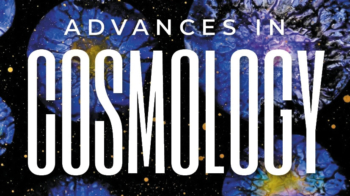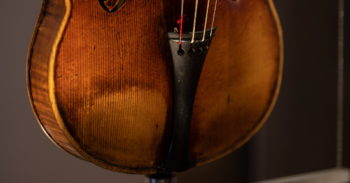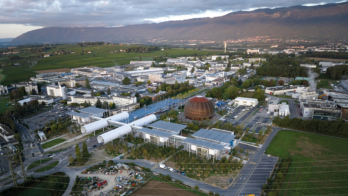by François Vannucci. Published in French by EDPSciences, ISBN 2 86883 559 7, 18.
François Vannucci presented me with his manuscript as his first detective story. I am not surprised that his literary debut takes this form. Vannucci’s early career at CERN was followed by a stint at the Stanford linear accelerator. He has been lucky enough to have worked on experiments led by great figures of science in research leading to key discoveries.
That Vannucci is bent wholly on the pursuit of rare game comes as no surprise, and neutrinos with their mysteries were an ideal hunting ground. The nature of the prey lent flavour to the chase. As the secrets of each particle discovered were revealed, they shed new light on the structure of matter at the smallest scale, and on the micro-instants that followed the Big Bang.
Research went on in powerful groups, sometimes numbering several hundred, with ever-more burgeoning budgets. The sociology of this special world had little in common with the atmosphere prevailing in the small university labs of yesteryear. The groups were often led by outstanding physicists whose laurels had often been won as a result of remarkable discoveries – frequently the combined fruit of a great theoretical background and an encyclopaedic knowledge of engineering methods.
But humans being humans, with a genetic baggage built up through scores of millennia of the struggle for life, high-energy physics has included in its ranks the same numbers of men of intelligence, geniuses, madmen, the generous, the envious, the selfish, the disinterested, the brutes, the power-hungry, the poets, the mystics and the cynics as any other group of humanity swept up in any adventure on an equivalent scale. Vannucci introduces us to the way in which the never-ending human comedy is played out at any elementary particle research centre. He brings us into a little world of Parisian physicists headed by a boss with boundless ambition and a fascination for neutrinos. This individual suffers from the shortcomings often found in such people – he is the monster whom no boss would admit to being, yet many ranking physicists will find he has features that smack of their own bosses.
In this book, the research ends in a fiasco that is both material and social. The writer draws a ferocious and desperate fictional portrait of the lives of this team, worn out by failure and disappointed by a leader who had nonetheless fascinated them. Some are still neurotically attached to their boss despite the blind alley that he has led them into. He hangs himself, and we anxiously follow the narrator’s efforts to escape the spell that he has cast.
I hope Vannucci’s new-found narrative gift will persuade him to inform the public of other secrets from the world of the physicist.





